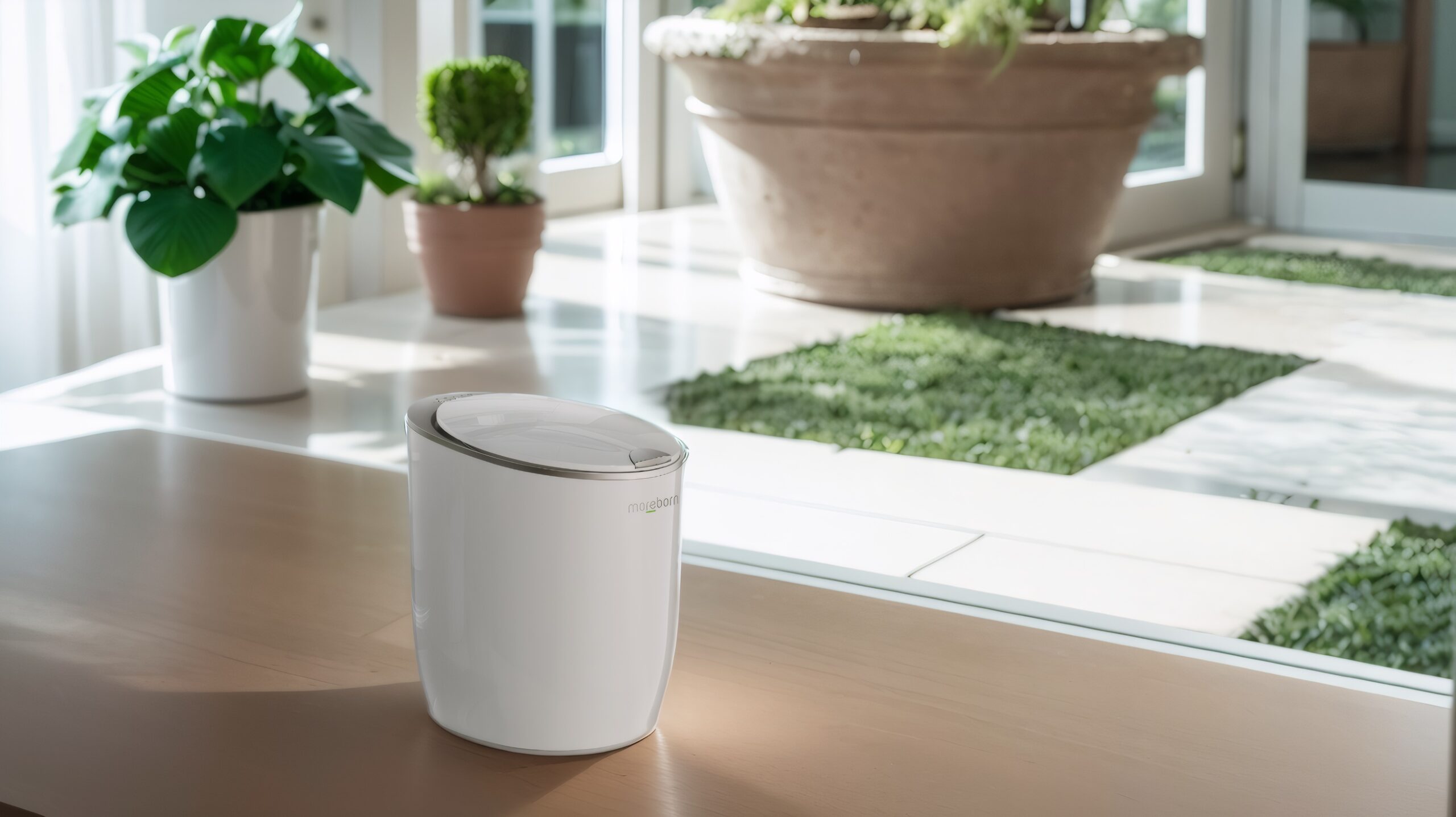Why Choose an Electronic Composter? The Environmental Impact of Food Waste Composters
With the increasing awareness of environmental protection, more and more people are paying attention to the way household waste, particularly food waste, is disposed of. Electronic composter, as an efficient and Eco-friendly method for composting food waste, have gained widespread attention and use. This article will delve into the reasons for choosing an electronic composter and its impact on the environment.
Advantages of Electronic Composters
1. Regulation of Temperature and Humidity
The design of electronic composters emphasizes the automatic regulation of temperature and humidity. The composting process needs to occur under optimal temperature and humidity conditions to facilitate the decomposition of organic matter. With built-in sensors, electronic composters can monitor and adjust environmental conditions in real-time, ensuring that food waste can ferment under the best conditions and quickly transform into high-quality organic fertilizer.
2. Pest Prevention
Traditional composting methods often face problems with pest invasion, especially in hot summers when insects breed rapidly, affecting daily family life. Electronic composters, with their closed design, effectively prevent the breeding of pests. Moreover, the high-temperature composting process can kill potential pests and bacteria, further ensuring the health of the home environment.
3. Odor Suppression
The natural decomposition of food waste often produces unpleasant odors, which can be distressing. Electronic composters, with their sealed design, high-temperature fermentation, and smaller filters, can effectively suppress odor production. This not only improves the living environment of the home but also reduces the impact on neighborhood relations, making the disposal of household waste more pleasant and efficient.
Environmental Impact of Food Waste Composters
Using an electronic composter to process food waste has a significant positive impact on the environment. Firstly, it reduces the amount of waste sent to landfills, alleviating the pressure on landfill sites and slowing down the consumption of Earth’s resources. Secondly, the organic fertilizer produced by using electronic composters can improve soil quality, promote the healthy growth of plants, and enhance the sustainability of agriculture. Additionally, reducing greenhouse gas emissions in the waste disposal process further contributes to mitigating global climate change.
Conclusion
In summary, choosing an electronic composter as a method for disposing of food waste can effectively regulate temperature and humidity, prevent pests, and suppress odors, while also helping to protect our environment. With the widespread use of electronic composters, it is hoped that more families will join the ranks of scientific environmental protection, contributing to sustainable development together. Choosing an electronic composter (https://www.amazon.com/dp/B0D17PDXQL?psc=1)means choosing a green lifestyle; let’s work together to create a better future.

